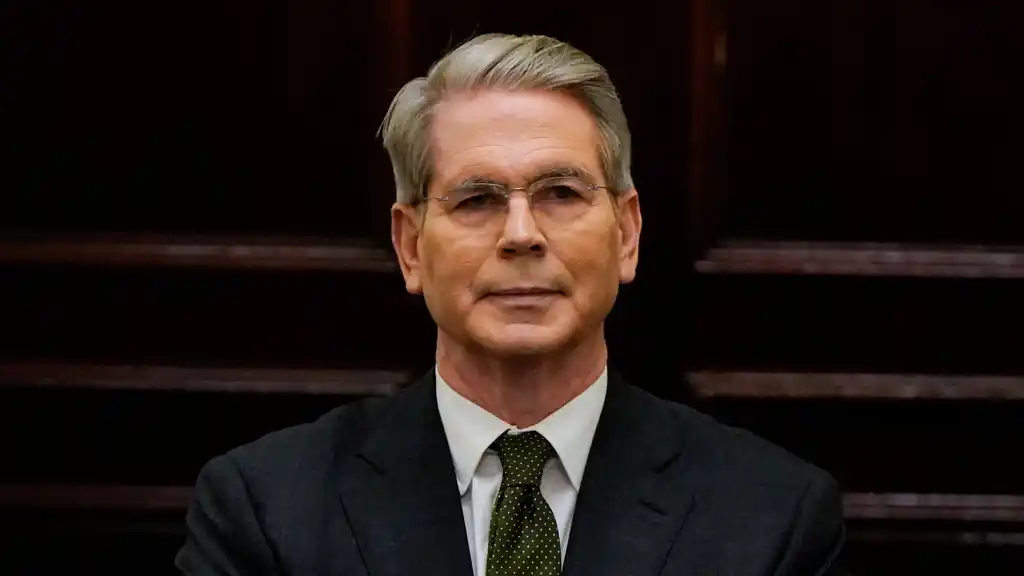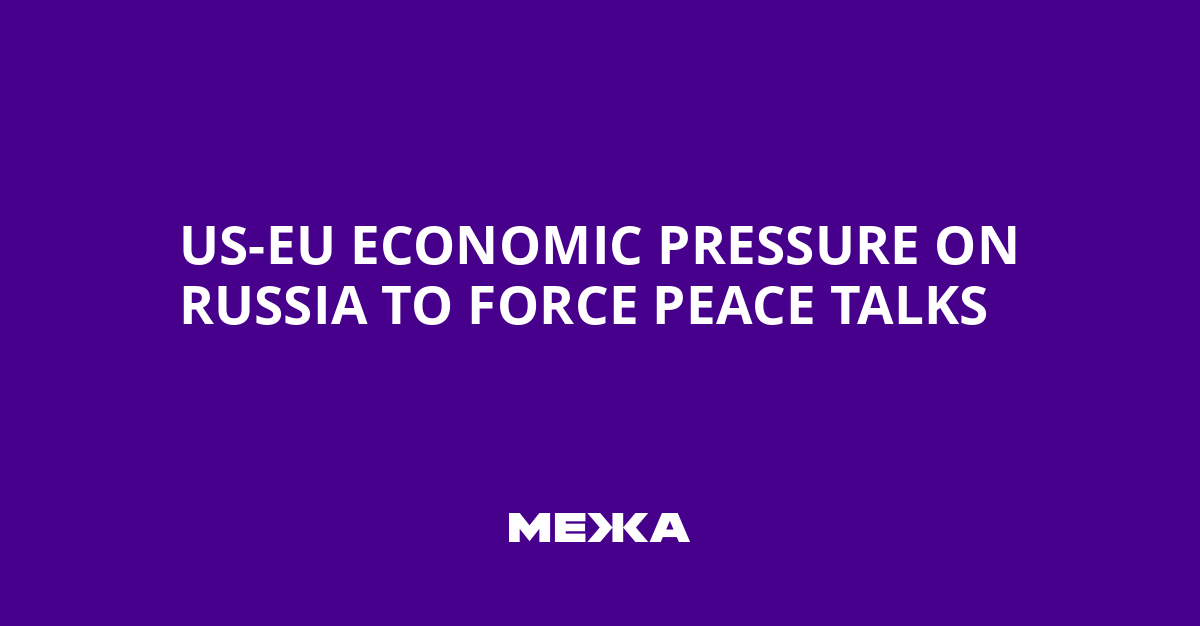
U.S. Secretary of the Treasury Scott Bessent during a press conference at the Institute of International Finance (IIF) Global Prospects Forum in Washington, D.C., United States, on April 23, 2025. REUTERS/Elizabeth Frantz
In light of statements by American officials, Washington is prepared to intensify economic pressure on Russia with the aim of setting clear terms for peace and forcing the Kremlin’s leader, Vladimir Putin, to sit down at the negotiating table. At the same time, the United States expects active support from European partners to implement a new package of measures.
According to Scott Bessent, the key idea lies in close coordination between the United States and the EU: joint actions should push Russia’s economy toward instability and create conditions under which Moscow will be compelled to join the negotiations. The official hints at expanding the sanctions networks and aiding allies in the region to bolster the pressure.
Context and Consequences
“We are ready to intensify pressure on Russia, but we need our European partners to follow us,”
– Scott Bessent
According to the official, the joint efforts of the United States and the EU are meant to push Russia’s economy toward collapse and apply pressure that will force Moscow to make more serious concessions in negotiations.
“Right now we are measuring how long Ukrainian forces can hold out versus how long the Russian economy can endure. And if the United States and the EU can intervene – imposing more sanctions and secondary tariffs on countries that buy Russian oil – the Russian economy will be in full collapse, and that will drive President Putin to the negotiating table,”
– Scott Bessent
Under this rhetoric, Russia carried out one of the largest airstrikes of the war to date, killing at least four people and damaging a government building in Kyiv. Such events underscore the need for swift decisions by Western partners and signal a new step in coordinating actions.
On August 21, Bessent noted that after Putin’s meeting with Trump in Alaska, Moscow sharply intensified attacks on Ukraine, prompting the White House to consider various options for sanction responses to Russia’s actions.
The expected outcome of these new actions is to bolster coordination between the United States and the EU and sustain a high level of pressure on Russia to compel it to sit at the negotiating table and reduce tensions in the region.
